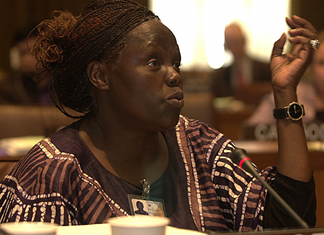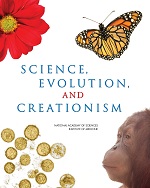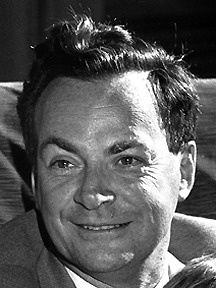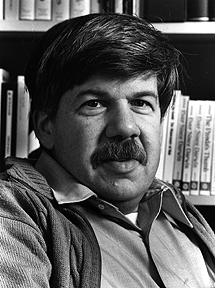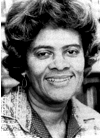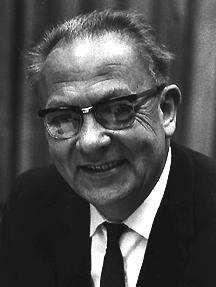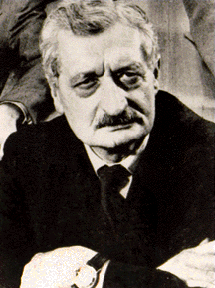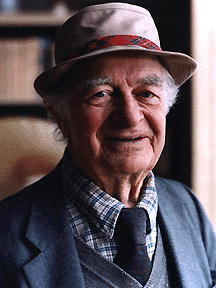Click on image for full size
International Institute for Sustainable Development
Related links:
Wangari Maathai
"We have a special responsibility to the ecosystem of this planet. In making sure that other species survive we will be ensuring the survival of our own."
- Wangari Maathai
Wangari Maathai, a Kenyan scientist, started a very successful movement in Africa to combat deforestation. In Africa, trees are being cut down about 10 times faster than they are being planted according to a 1989 United Nations report which means that deforestation is happening very quickly. Deforestation leads to many problems. Without trees holding the ground in place, the top layers of soil run off into waterways during rainstorms. This can cause water pollution. Fewer trees also makes it difficult for people to find firewood and many animals are unable to find the food they need.
To combat these problems, Wangari Maathai founded the Green Belt Movement in 1977. The movement employed women of Kenyan villages to plant trees. This provided jobs for women of Kenya and restored the environment in which they lived. While there is still deforestation in Kenya, the program has been very successful at recovering the environment of Kenya. "It took me a lot of days and nights to convince people that women could improve their environment without much technology or without much financial resources," said Wangari.
The program was so successful, in fact, that other countries in Africa wanted to do the same thing. Wangari Maathai has helped African countries, such as Tanzania, Uganda, Malawi, Lesotho, Ethiopia, and Zimbabwe; make their own programs to plant trees. Through this project, she has assisted women in planting more than 20 million trees.
Wangari Maathai was born in Nyeri, Kenya (Africa) in 1940. She is the first woman in East and Central Africa to earn a doctorate degree, and for many years she was a professor of veterinary anatomy at the University of Nairobi in Kenya. She and her organization have won numerous awards including the 2004 Nobel Peace Prize. She is the first African woman to be awarded the peace prize. She was also listed on UNEP's Global 500 Hall of Fame and named one of the 100 heroines of the world. In December 2002, she was elected to the Kenyan parliament and was appointed to be the Assistant Minister for Environment, Natural Resources and Wildlife.


